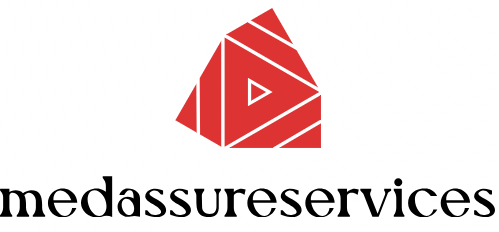In today’s fast-paced world, effective health education is more important than ever. With the rise of chronic diseases and the constant influx of health information, individuals need clear, accurate, and actionable health education. To achieve this, we must employ the best strategies for health education that empower people to make informed decisions about their health. In this article, we’ll explore various strategies that can enhance health education and improve health literacy.

1. Tailor Information to the Audience
Understanding Diverse Needs
First and foremost, it’s essential to recognize that different audiences have varying needs and preferences. For instance, a health education program aimed at teenagers may require a different approach than one designed for elderly adults. Therefore, understanding the demographics, cultural backgrounds, and specific health concerns of your audience is crucial.
Using Relevant Examples
Moreover, using relatable examples and scenarios can significantly enhance understanding. When health education materials incorporate examples that resonate with the audience’s daily lives, it fosters greater engagement and retention of information. For instance, when discussing nutrition, using local food options that are familiar to the audience can make the message more impactful.
2. Utilize Multiple Formats
Embracing Diverse Media
Another effective strategy is to use multiple formats for delivering health education. Not everyone learns the same way, so incorporating a variety of media can cater to different learning styles. For example, combining visual aids like infographics, videos, and interactive apps with traditional methods like brochures and workshops can enrich the learning experience.
Interactive Learning
Additionally, incorporating interactive elements, such as quizzes, group discussions, and hands-on activities, can make health education more engaging. Interactive learning not only helps reinforce concepts but also encourages participants to actively participate, which is vital for knowledge retention.
3. Focus on Practical Application
Real-World Skills
To ensure that health education is effective, it should focus on teaching practical skills that individuals can apply in their daily lives. For instance, rather than merely providing information about healthy eating, a health education program could include cooking demonstrations or meal planning sessions. By emphasizing real-world applications, participants are more likely to integrate the knowledge into their lifestyles.
Setting Goals
Furthermore, encouraging participants to set personal health goals can significantly enhance the impact of health education. By helping individuals identify specific, achievable goals, educators can motivate them to take actionable steps towards better health. Regular follow-ups and check-ins can also provide accountability, fostering a sense of ownership over one’s health journey.
4. Foster Community Engagement
Building Support Networks
Incorporating community engagement into health education strategies can also lead to greater success. When individuals feel supported by their peers and community, they are more likely to embrace healthier behaviors. Creating support networks or health groups can facilitate this sense of belonging and motivate individuals to make lasting changes.
Collaborating with Local Organizations
Additionally, collaborating with local organizations, schools, and healthcare providers can amplify the reach of health education initiatives. By partnering with trusted community entities, health educators can enhance credibility and ensure that the information is well-received. This collaboration can also lead to the sharing of resources, making programs more comprehensive and accessible.
Conclusion
In conclusion, employing the best strategies for health education involves tailoring information to the audience, utilizing diverse formats, focusing on practical applications, and fostering community engagement. By implementing these strategies, we can empower individuals to take charge of their health and make informed decisions. As we move forward, let’s commit to enhancing health education for all, ensuring that everyone has the tools they need to lead healthier lives.




